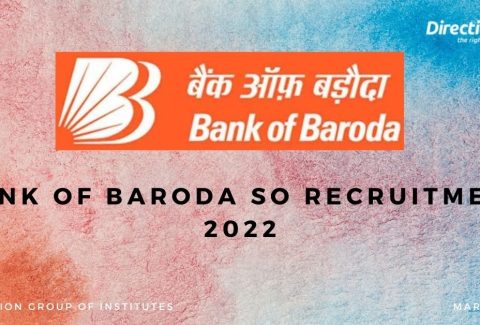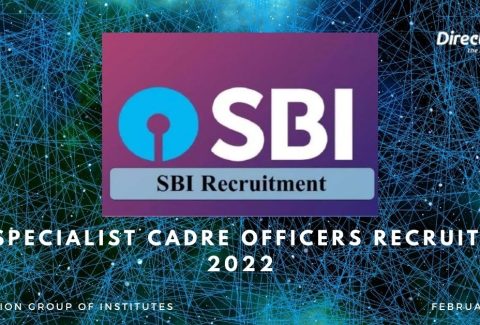Different Sections in Bank Exams
September 20, 2021 2021-09-17 17:01Different Sections in Bank Exams
The bank exams are conducted every year by the IBPS or the Institute of Banking Personnel selection for recruiting aspirants at various posts into the banking sector. These bank exams have a section wise distribution of syllabus which includes four sections that you need to prepare in order to clear the bank exams. These sections include— reasoning ability, general awareness, quantitative aptitude and English language.
Through this article we will have a look at all these different sections included in the bank exams and how you can prepare for them if you are an aspiring candidate for a job in the banking sector.
What are the different sections in the bank exams?
There are commonly four sections in the bank exams— reasoning ability, general awareness, quantitative aptitude and English language. All these sections are equally important as they carry different weightage of marks in the exam. This is why it becomes highly important for all candidates to have a proper knowledge about all these sections while preparing for the bank exams.
To understand all these different sections better, let’s go through them separately.
1. Reasoning Ability
Reasoning ability section in the bank exams is one of the important sections which requires a lot of practice while preparing. This section mainly involves a lot of tricky and logical questions which test your reasoning capacity. These questions can include coding decoding, syllogisms, blood relations, analogy directions, data sufficiency and number or alphabet series.
Out of all these questions the sitting arrangements and syllogism questions are a little more tricky and the candidates who are not very comfortable with the reasoning section may find them harder. In such cases, the candidates should focus on the easier questions first in order to score maximum marks.
The candidates can devote a total of 20 minutes to solve this section so they need to first solve the questions they are more comfortable with and then go for the harder ones.
2. General awareness
The general awareness section is considered to be the most scoring section of all bank exams and is included usually in the Mains phase of the exam. This section tests the candidates general knowledge and awareness about the current affairs of the world.
To successfully attempt this section, the candidates need to keep themselves up to date with the recent news and latest knowledge about the business and banking sectors. This can be done by reading online blogs and newspapers regularly.
3. Quantitative Aptitude
The quantitative aptitude section of the bank exam mainly includes questions related to mathematics which you need to solve in order to clear this section. The questions are mostly baked on data interpretation, quadratic equations, age related mathematical problems, etc.
This section may be time consuming if you are not very confident in your mathematical ability but you should not spend more than 20 minutes on this section. To prepare for this section you can try to solve mock tests by setting a time limit for this particular section and trying to cover it in the set period of time.
4. English language
The English language section tests the candidates’ command over the English language by asking questions related to English grammar, comprehension, fill in the blanks, etc. This section is scoring for the candidates who are more comfortable and familiar with the English language.
However, even if a candidate is not very comfortable with the language, they can focus on preparing for this section by reading and practising. Such candidates should focus on solving the easier questions like para jumbles and fill in the blanks.
These four sections are common across almost all competitive exams including the bank exams and hence, the candidates aspiring to clear the bank exams must be thorough in all these sections.











